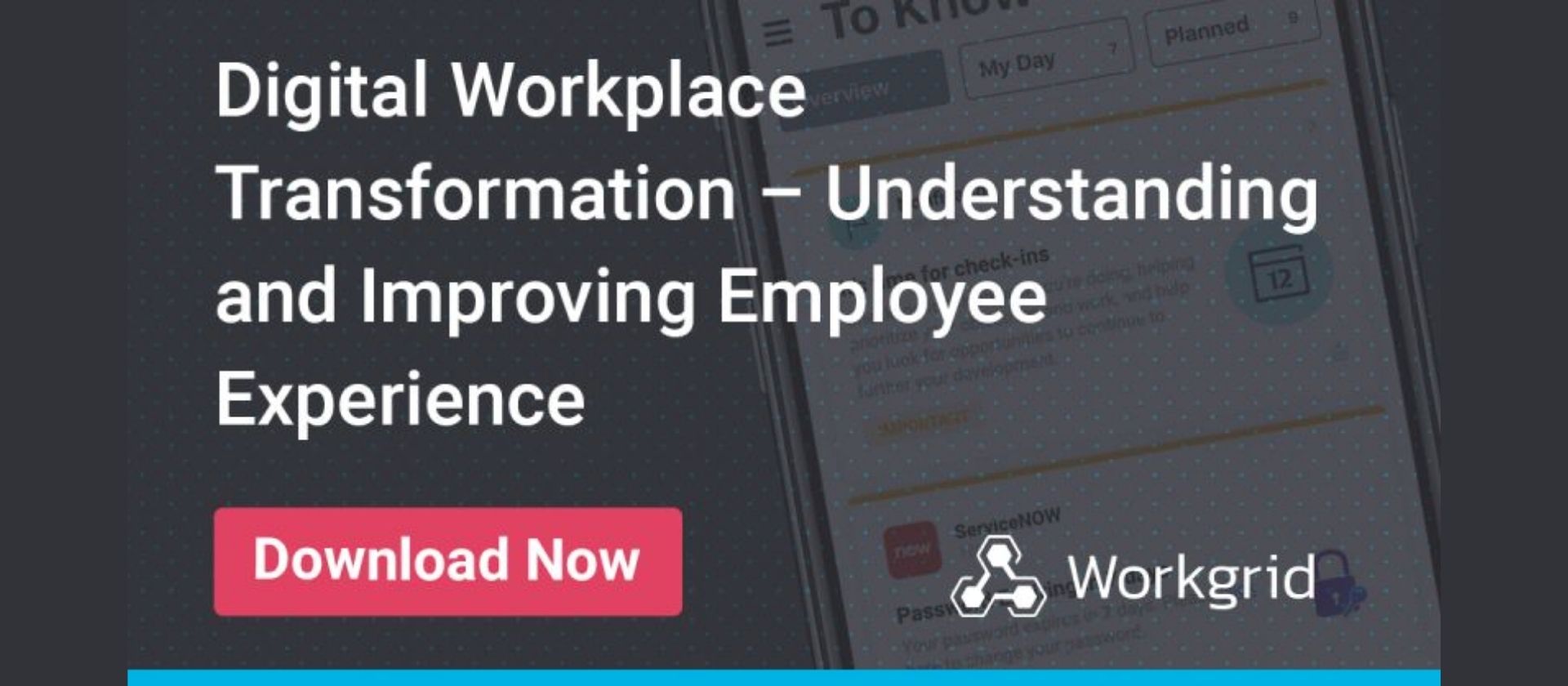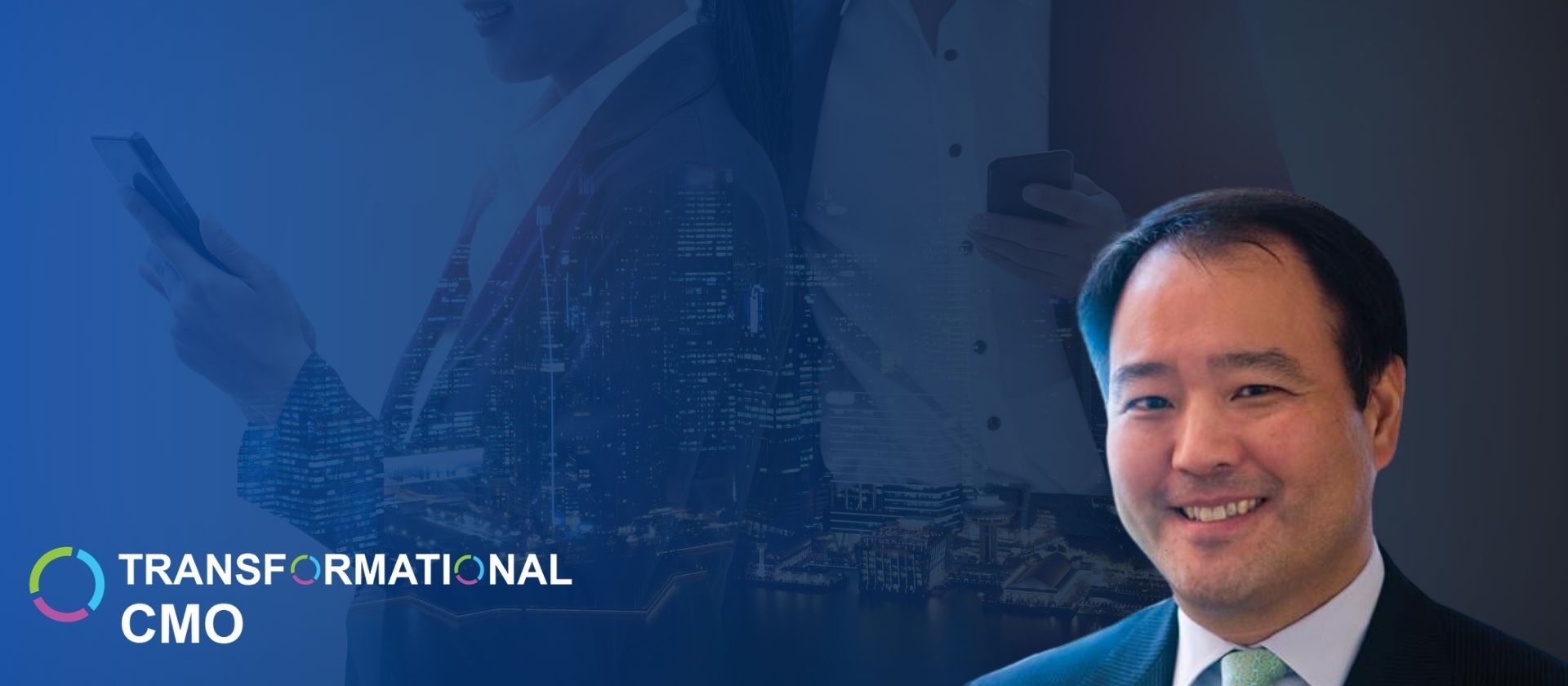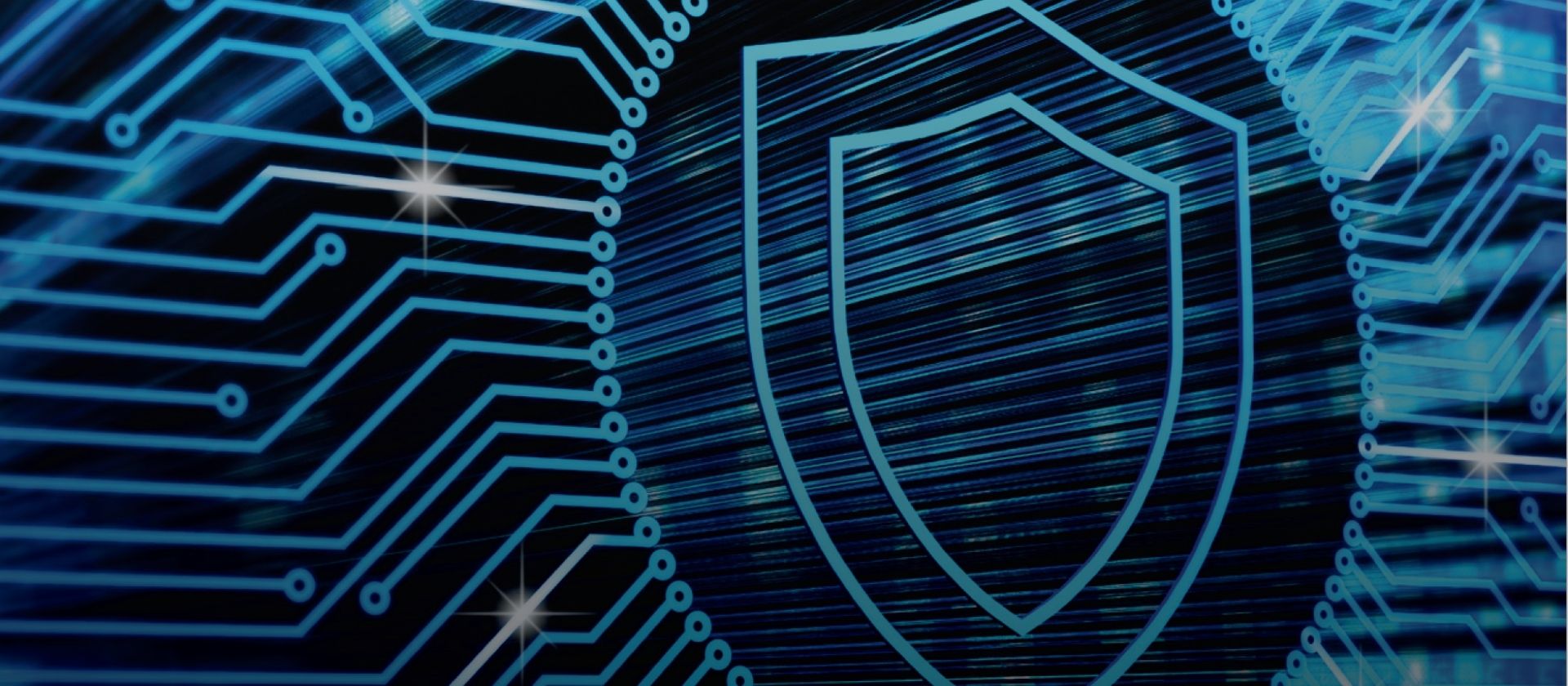On this episode of the #MillenniumLive Keynote Panel Series, we tackle the subject of Building Your Framework: Leading The Change and Preventing Inside Attacks. The panelists delve into the different ways to identify and prevent potential insider attacks, utilize behavior analytics to maintain a safe workplace, create insider threat mitigation programs, and more.
This panel is moderated by Frederick Scholl, Cybersecurity Program Director at Quinnipiac University. The panelists include Susan Schneider of the U.S. Department of Homeland Security, Benjamin Murphy of Aflac, and Tunde Oni-Daniel of One Main Financial.
Go here to listen to the podcast episode or watch the full video below.
About the Panel
Frederick Scholl
 Frederick W. Scholl is accomplished global information security risk manager. He is one of the few people in the industry with business experience from start-up to board member, and security experience from practitioner to manager and teacher. He is Cybersecurity Program Manager and Associate Teaching Professor at Quinnipiac University. Dr. Scholl earned a BS and Ph.D. in Electrical Engineering from Cornell University. He completed an Internet Law Program and Harvard and holds CISM, CISSP, ITIL and CHP security certifications.
Frederick W. Scholl is accomplished global information security risk manager. He is one of the few people in the industry with business experience from start-up to board member, and security experience from practitioner to manager and teacher. He is Cybersecurity Program Manager and Associate Teaching Professor at Quinnipiac University. Dr. Scholl earned a BS and Ph.D. in Electrical Engineering from Cornell University. He completed an Internet Law Program and Harvard and holds CISM, CISSP, ITIL and CHP security certifications.
Susan Schneider

Susan Schneider is an Attorney Advisor in the Money Laundering and Asset Recovery Section’s Policy Unit at the U.S. Department of Justice (DOJ). Prior to rejoining the DOJ in July 2020, she served as the head of Compliance Transformation and Strategy at Raymond James Financial, Inc., where she oversaw the function’s strategic plan and advised on key initiatives, issues, and opportunities for enhancement.
Susan also worked at Citigroup for more than six years, including as the Chief of Staff to the global Chief Compliance Officer, and she conducted and managed Foreign Corrupt Practices Act investigations at the law firm of Willkie, Farr & Gallagher LLP. She holds a J.D., with honors, and an LLM., with highest honors, in National Security and U.S. Foreign Relations Law, from The George Washington University Law School.
Prior to law school, Susan was a journalist at Bloomberg News and Reuters News in Buenos Aires, Mexico City, and New York City. She holds an M.S. in Journalism from Columbia University and is fluent in Spanish.
Susan has also served as a court-appointed special advocate in the Florida dependency system, as a mentor for a number of organizations, and as a member of the New York City Bar International Human Rights Committee (2009-2012).
Benjamin Murphy
 Executive officer over US information security technology, services, and operations. Global security practice lead and strategy consultant.
Executive officer over US information security technology, services, and operations. Global security practice lead and strategy consultant.
Eighteen years of experience in information security management with specialization in financial services security. Worked at various levels in the industry, including startups, small businesses, mid-sized corporations, and Fortune 500s, with focus on security program management, cybersecurity operations, governance, compliance, and threat management.
Enthusiastic about technology risk management, threat intelligence sharing, GRC, operations, and event management. Always looking for more contacts in information security and in financial services to stay on top of what’s new.
Tunde Oni-Daniel
 Tunde Oni-Daniel heads Cyber for Technology at OneMain Financial where he balances the company’s business demands with the technical means to secure data in a highly-regulated industry. With 23 years of security experience across industries, he has deep expertise in building business-driven security programs.
Tunde Oni-Daniel heads Cyber for Technology at OneMain Financial where he balances the company’s business demands with the technical means to secure data in a highly-regulated industry. With 23 years of security experience across industries, he has deep expertise in building business-driven security programs.
Tunde is skilled in developing security architectures, privacy programs, process and enterprise risk management, audit and compliance programs, budgets and staff development. His background includes international business experience for Deutsche Bank, Pan African countries such as African Development Bank, Central Informatics Organization, Bahrain, Prognoz USA, for application security, cloud security, and enterprise risk compliance.
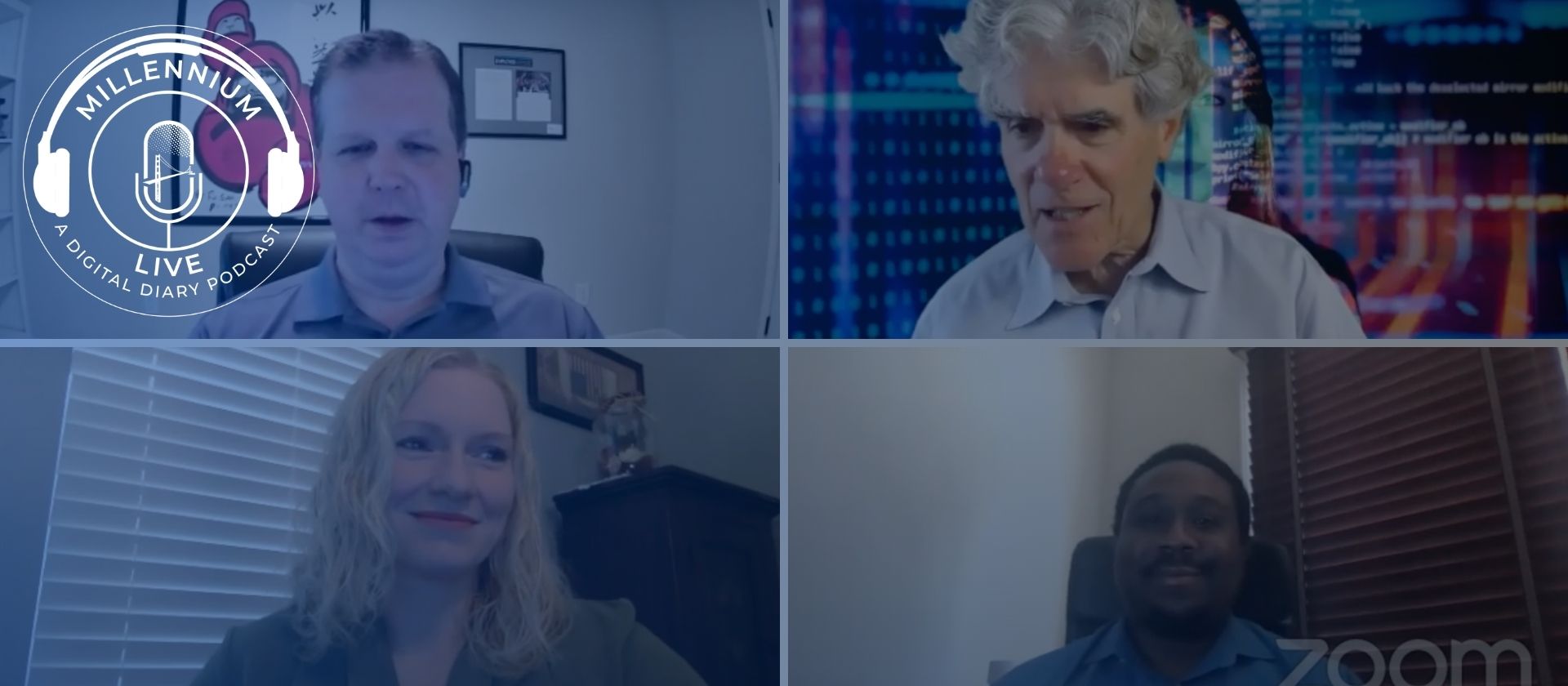

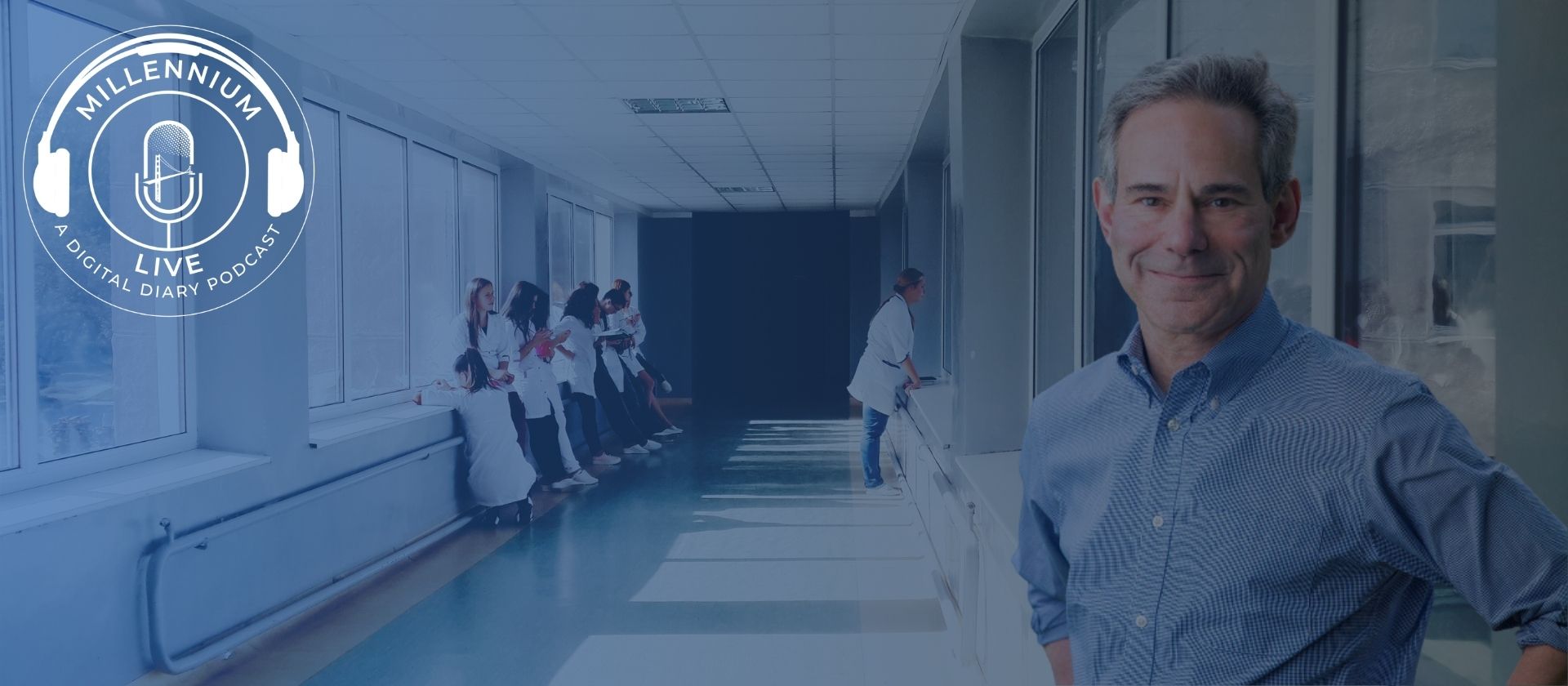
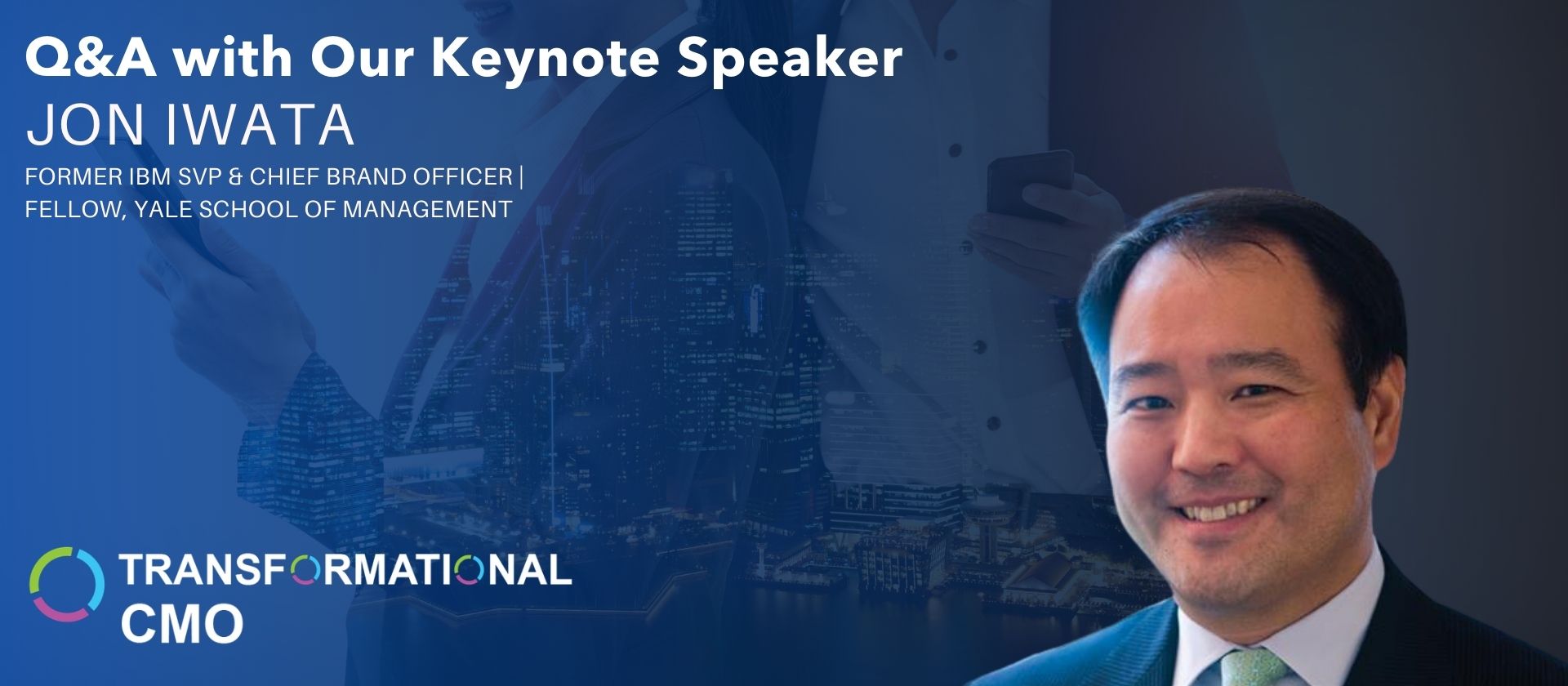


 Professor Clarence Lee is an assistant professor of marketing at the Johnson Graduate School of Management. Clarence’s research applies deep learning and Bayesian econometric techniques to digital marketing and customer analytics applications across various industries. He has spent the past ten years studying the drivers behind consumer adoption, usage and purchase dynamics of digital goods and services found in the start-up ecosystems of NYC and Silicon Valley. His latest research interest is to help firms tackle digital transformation, and his most recent project focuses on employing novel artificial intelligence methods to enable customer analytics while preserving customer privacy. He currently teaches Digital Marketing, Data Analytics & Modeling, and the Strategic Product & Marketing Immersion (SPMI) at both the Ithaca and Cornell Tech campuses.
Professor Clarence Lee is an assistant professor of marketing at the Johnson Graduate School of Management. Clarence’s research applies deep learning and Bayesian econometric techniques to digital marketing and customer analytics applications across various industries. He has spent the past ten years studying the drivers behind consumer adoption, usage and purchase dynamics of digital goods and services found in the start-up ecosystems of NYC and Silicon Valley. His latest research interest is to help firms tackle digital transformation, and his most recent project focuses on employing novel artificial intelligence methods to enable customer analytics while preserving customer privacy. He currently teaches Digital Marketing, Data Analytics & Modeling, and the Strategic Product & Marketing Immersion (SPMI) at both the Ithaca and Cornell Tech campuses. As a senior marketing strategist, I create tactical plans that get company products noticed within target audiences. As an organizational leader, one of my biggest mantras is that excellence can happen without arrogance… by maintaining authenticity internally with staff teams and externally with customers and industry partners, leadership happens by example and genuine rapport with stakeholders becomes a core corporate value. With 20+ years of experience in pioneering corporate brand programs and communications that deliver revenue results, I drive programs through subject matter expertise in building marketing programs that deliver company and product recognition/affinity using emerging technologies. My reputation as a high-energy, resourceful marketing leader with exceptional integrity and passion for problem-solving allows me to achieve organizational goals while generating client demand.
As a senior marketing strategist, I create tactical plans that get company products noticed within target audiences. As an organizational leader, one of my biggest mantras is that excellence can happen without arrogance… by maintaining authenticity internally with staff teams and externally with customers and industry partners, leadership happens by example and genuine rapport with stakeholders becomes a core corporate value. With 20+ years of experience in pioneering corporate brand programs and communications that deliver revenue results, I drive programs through subject matter expertise in building marketing programs that deliver company and product recognition/affinity using emerging technologies. My reputation as a high-energy, resourceful marketing leader with exceptional integrity and passion for problem-solving allows me to achieve organizational goals while generating client demand. Kim Schuy is the VP of Digital Acceleration at Essilor Luxottica. She also serves as the president of
Kim Schuy is the VP of Digital Acceleration at Essilor Luxottica. She also serves as the president of  Matthew Smith currently serves as the Segment Executive, Head of Direct Banking for Sterling National Bank. Sterling is the sixth largest regional bank in the New York City area in terms of deposits and holds ~$30 billion in assets. In his current role, Matthew is responsible for all direct to consumer and direct to business client acquisition channels, as well as all Banking as a Service strategic partnerships. Prior to his current role, Matthew was the Chief Product & Marketing Strategy Officer where he oversaw all areas of product strategy and marketing including consumer and corporate deposits, treasury management, and consumer lending products. Matthew also managed the launch of Sterling’s first direct-to-consumer banking channel under the name of BrioDirect and took in ~$500MM in consumer deposits within the first 5 months of being in-market.
Matthew Smith currently serves as the Segment Executive, Head of Direct Banking for Sterling National Bank. Sterling is the sixth largest regional bank in the New York City area in terms of deposits and holds ~$30 billion in assets. In his current role, Matthew is responsible for all direct to consumer and direct to business client acquisition channels, as well as all Banking as a Service strategic partnerships. Prior to his current role, Matthew was the Chief Product & Marketing Strategy Officer where he oversaw all areas of product strategy and marketing including consumer and corporate deposits, treasury management, and consumer lending products. Matthew also managed the launch of Sterling’s first direct-to-consumer banking channel under the name of BrioDirect and took in ~$500MM in consumer deposits within the first 5 months of being in-market.